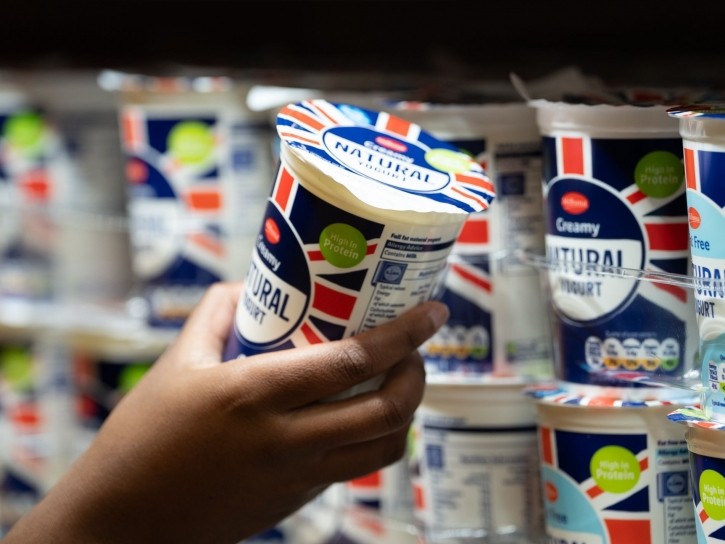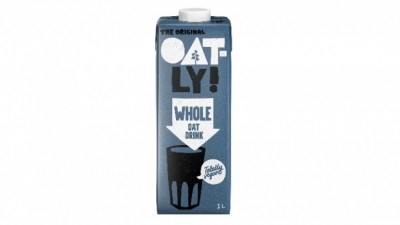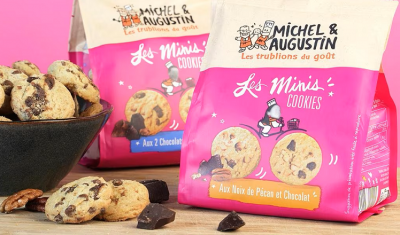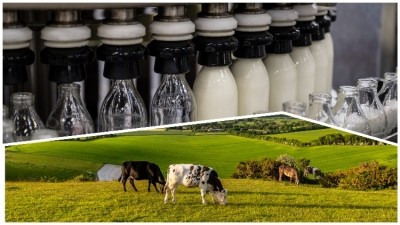News
Lidl scraps use by labels on dairy products

From this month (December) the retailer’s milk range will ditch use by dates in favour of best before dates. Yoghurt will follow suit from early 2024.
Lidl hoped the change would encourage consumers to use their own judgement and be guide by the best before dates to help determine whether their dairy products can be consumed – milk and yoghurt that has been stored correctly and doesn’t smell bad or appear lumpy is safe to consume.
‘Own judgement’
Richard Inglis, head of buying at Lidl GB, said: “At Lidl, we know that a lot of perfectly good milk and yoghurt is being thrown away because of use by dates. It therefore makes total sense to us to make the switch to best before so that shoppers can use their own judgement on whether their milk or yoghurt is good to consume.
“We’ve got a long record of making positive change to reduce food waste, and this latest step builds on our commitment to helping households tackle food waste at home.”
Lidl is the latest in a growing number of retailers to remove use by dates from their dairy products. Morrisons led the way in January 2022, encouraging consumers to use a ‘sniff test’ to judge the quality of their opened milk.
Industry ditching use by
Members from across the food and drink industry signed up to an initiative last year to move away from use by labels in an effort to encourage consumers to use their senses to assess the quality of food – when it is safe to do so.
Food firms signed up to the initiative now include Arla, Bel Group, Danone, Emmi UK, Nestlé, PepsiCo, Savencia and Yeo Valley Organic.
However, Campden BRI warned, the decision to change the type of date used needed to be based on a thorough risk assessment of the likelihood of contamination of the milk with pathogens, most likely Listeria monocytogenes, and the potential for it to grow to dangerous levels.

















